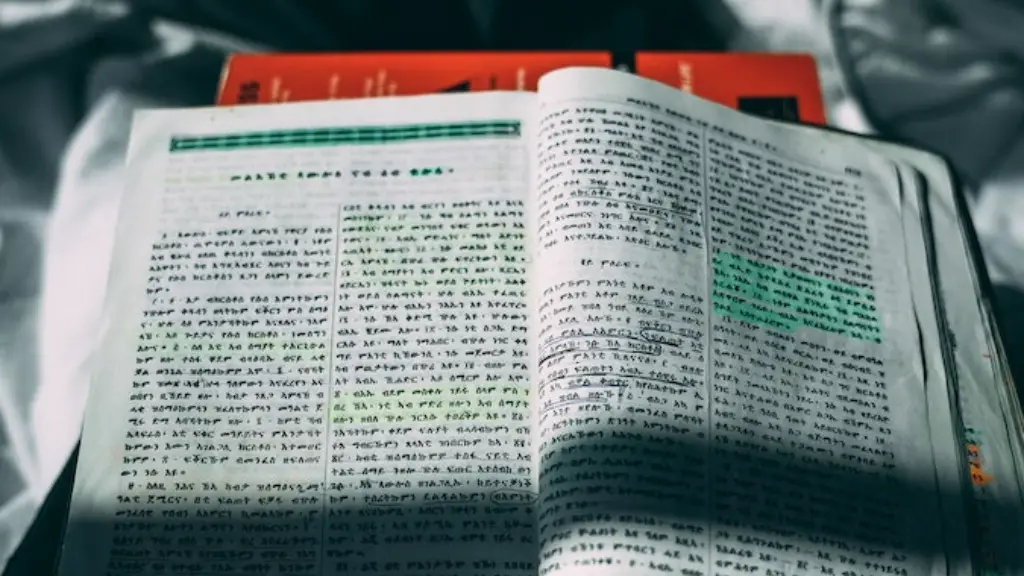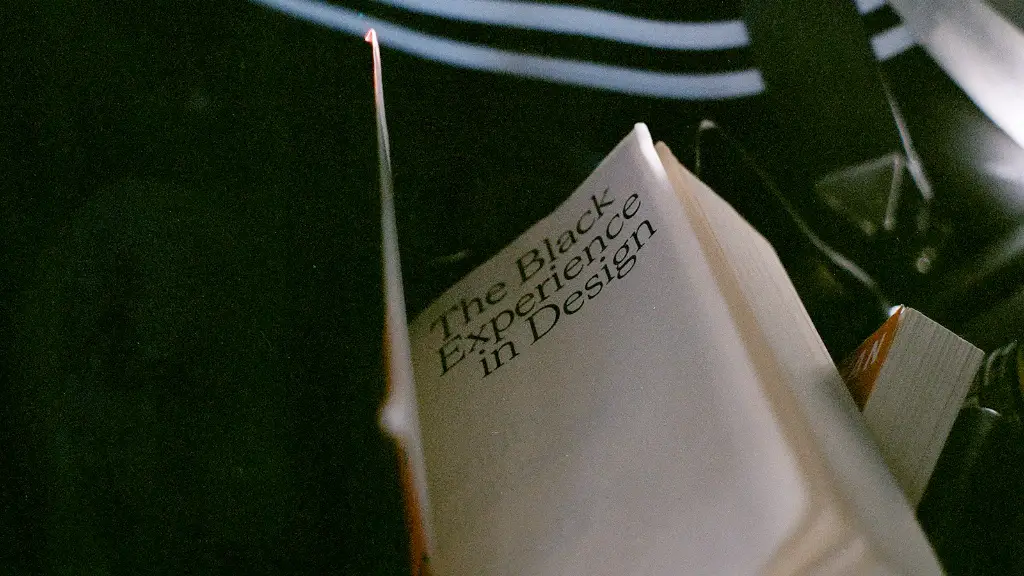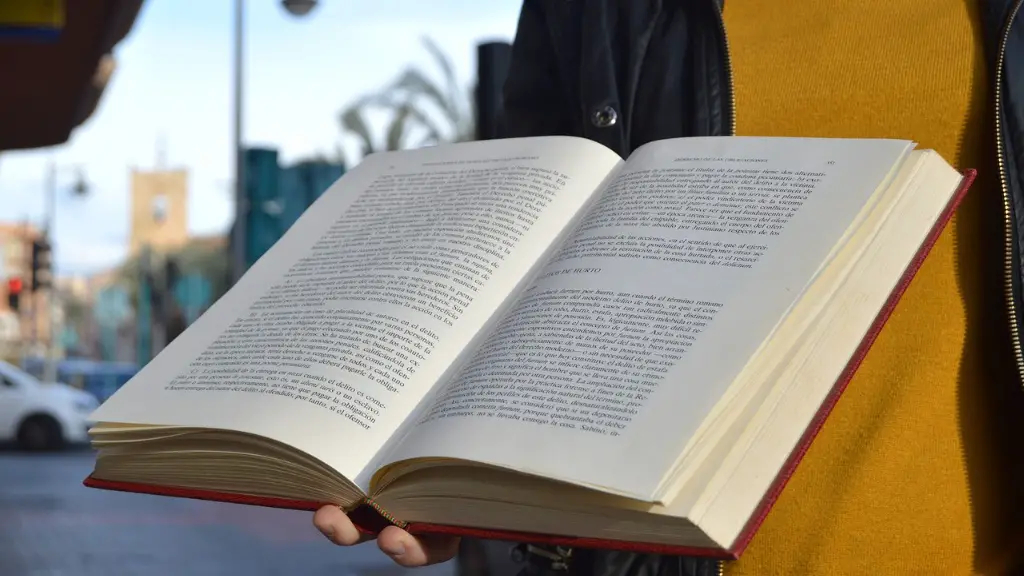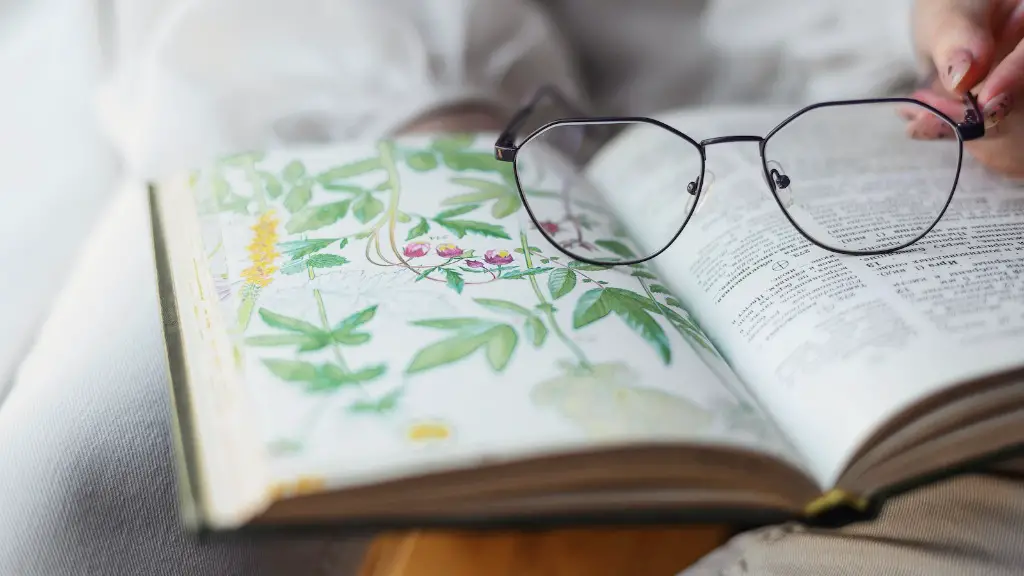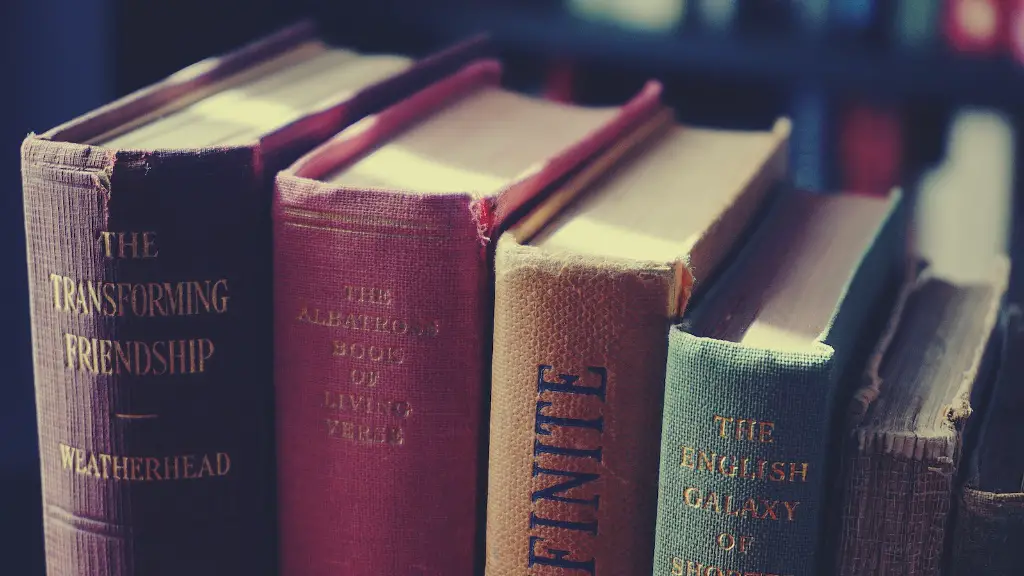Many people don’t see poetry as a cornerstone of modern culture. Many don’t even see it as a legitimate form of art – something which is unfortunate and which could actually result in them missing out on a lot. Poetry has been around longer than civilisation and isn’t going anywhere soon. If you don’t understand or like poetry, then you’re not alone, but in this article we’ll explain what you might dislike about poetry and help you appreciate it.
For starters, let’s look at the length. Most poems are fairly short, with limited structure and structure changes. This might make some people feel like poetry isn’t as in-depth as other forms of art, like novels or movies. It’s true that some poems are really short, but that doesn’t mean that they aren’t as powerful. They don’t need the length of a novel in order to be meaningful – sometimes all that is necessary is a few powerful lines strung together in a way that creates an effect.
It’s also important to look at the abstract nature of poetry. Many poems don’t have clear messages or meanings and are often open ended and leave things to interpretation. For many people, this makes them feel as if they don’t understand the poem or that they’re missing something essential. However, a good poem can still tell an entire story or convey a powerful emotion with very few words – something it takes a novel much longer to do.
In addition to this, there is often a lack of clarity in many poems. Many poems don’t have an easily discernible subject matter, as poets often use figures of speech, similes and metaphor in order to communicate their ideas. This leaves many people frustrated and feeling as though they can’t latch onto the poem. The frustration is then multiplied when the poem only has a few lines, as it feels as though you’re reading it for nothing.
Finally, there is the fact that poetry is often seen as inaccessible. Many people feel they need to understand literary analysis in order to appreciate poetry. They feel that, without such knowledge, they won’t be able to understand or appreciate it, or worse, that they are stupid for not understanding it. This creates a massive barrier for people who might otherwise be able to enjoy poetry. It’s actually quite simple to appreciate a poem without worrying about dissecting it.
Focus On The Emotions
Poetry’s strength lies in the emotions it can evoke. Even if you don’t understand the poem, if it makes you feel something, then it has done its job. Good poetry will bring up emotions and images, without being too direct. Poets use similes and metaphors to paint a scene in the reader’s head, and to create a reaction in their heart. Even if the words don’t make sense, the images can still evoke something in the reader.
For example, a poem that has birds in it can evoke feelings of freedom and escape. Even if a reader doesn’t know why they feel this way, they still feel something nonetheless. Even if they don’t understand the poem, they can still feel something. This is the power of poetry, and it’s something that all readers should appreciate and enjoy.
In addition to evoking emotions, poets can also be surprisingly literal. While they might use abstract words and ideas, they can also be very direct in their observations of the world. Poets often use direct language to communicate their ideas, and this can be incredibly powerful. Even if the words don’t seem to make sense, if you read the poem in context, the message is often clear.
Finally, it’s important to appreciate the beauty of poetry. Poetry is often seen as being too deep or too abstract, but there is an incredible beauty in its simplicity. Often, it can be succinct and can tell an entire story in just a few lines. It can also evoke deep emotions and provide great insight, but still leave things open to interpretation. This is the beauty of poetry, and it’s something that everyone should appreciate.
Using All The Senses
Poetry can be powerful if it uses all the senses. It can evoke a sense of touch, a sense of taste, a sense of smell, a sense of hearing, and a sense of sight. This helps to draw the reader in and allows them to connect to the poem on an even deeper level. In addition to this, the sound of poetry is often important. Many poets use alliteration, assonance and rhyme to create a more powerful effect. This can be incredibly effective and can leave the reader feeling some very strong emotions.
The imagery and symbolism found in poetry can also be incredibly powerful. Symbols, metaphors, and other literary devices can draw the reader in even further, and create a greater connection between the poem and the reader. Even if the reader doesn’t understand the poem, the imagery can still have an impact, and can still evoke powerful emotions.
Finally, it’s important to understand the power of language. Language is incredibly powerful, and can be used to express complex ideas and emotions. Poets often use language to great effect, and can create an entire story in just a few lines. Good poetry is often subtle yet elaborate, and can express powerful ideas in a way that can leave readers feeling deeply connected to the poem.
Committing To Memory
It is often thought that to truly appreciate poetry one has to memorize it. The structure and syntax of a poem can be quite rigid, and reading it can often bring out feelings of deep attachment. This is also true when one memorizes the poem. It can be extremely powerful and can make the person feel a great sense of understanding, and appreciation.
In addition to this, memorizing a poem can make it easier to understand the words and messages the poet is trying to convey. Memorizing a poem can give the reader more time to think about the poem, and make connections and associations with other works, without feeling rushed to finish it. This can help to understand the poem on a deeper level and to appreciate it even more.
Finally, it’s important to appreciate the structure of a poem. It’s often very different from the structure of a novel, or a movie. The structure of a poem is often very rigid, and it requires the reader to think about the poet’s words and to make connections between the different lines. A great poem can be compared to a jigsaw puzzle – it’s up to the reader to figure out where each piece goes and how it fits together.
Exploring Different Forms
It’s important to remember that there are many different forms of poetry, and that understanding one doesn’t mean understanding them all. A sonnet is very different from a haiku, and a limerick is very different from a free verse poem. Each form of poetry requires its own approach, and its own set of skills. It’s important to explore different forms of poetry and to find out what form works best for the individual. This can help to expand knowledge and appreciation.
In addition to this, it’s important to understand that different types of appreciation can apply to different forms of poetry. For example, a reader may appreciate the imagery in a sonnet, while they may appreciate the humour in a limerick. Different forms of poetry can evoke different emotions and can have different effects on the reader. It’s important to explore different forms, in order to truly understand and appreciate poetry.
Finally, it’s important to remember that poetry can be enjoyed in many different ways. It can be read silently, or it can be read aloud. It can be savoured and analysed, or it can be consumed quickly. Poetry can be enjoyed by individuals, or it can be enjoyed in groups. There is no right or wrong way to appreciate poetry, and it’s important to remember that poetry can be enjoyed in many different ways.
Interpreting & Analyzing
Interpreting and analyzing a poem can be tricky, as each poem is different and requires a different set of skills. It’s important to be aware of the different elements of a poem, such as rhyme, structure, imagery, and symbolism, in order to truly understand it. Often, the key to interpreting a poem lies in understanding these elements, and how they are used in the poem. Once these are understood, it should then be easier to see how the poem is meant to be interpreted and appreciated.
In addition to this, it’s important to remember that there may be more than one way to interpret a poem. For example, a poem about death might be interpreted as being about grief and loss, but it might also be interpreted as being about acceptance and moving on. It’s important to be aware of different interpretations and to consider them when trying to understand a poem.
Finally, it’s important to take everything into account when interpreting a poem. It’s not just the words that matter, but also the way they are arranged. It’s important to look at the whole poem, and to think about how the different elements work together. This can help to understand a poem even more, and can help to draw out even more interpretations.
Exploring The Language & Context
It’s important to be aware of the language and context in which the poem was written. This can help to understand a poem in a more nuanced way. For example, a poem written in the 19th Century might use language or references that will be unfamiliar to modern readers. It’s important to be aware of this, in order to fully understand the context in which the poem was written.
In addition to this, it’s important to remember that we can draw conclusions about the poet from the poem. By looking at the poem, it’s possible to gain a better understanding of the poet’s life, and their sensibilities, as well as their worldview. This can help to contextualise the poem, which can help to appreciate and understand it even more.
Finally, it’s important to remember that poetry is subjective. While there are some objective elements that can be analysed, the way in which the poem is interpreted is ultimately down to the individual. It’s important to remember this, and to take one’s own feelings and interpretations into account when analysing and appreciating a poem.

